EVTOLs (electric vertical take-off and landing) are gearing up to become serious competition for conventional helicopters, as the clean energy and advanced urban air mobility trends continue to rise. A Swiss eVTOL developer is ready to begin flight tests for its eight-seat aircraft that will be operating across Scandinavia.
Get the latest international news and world events from around the world.
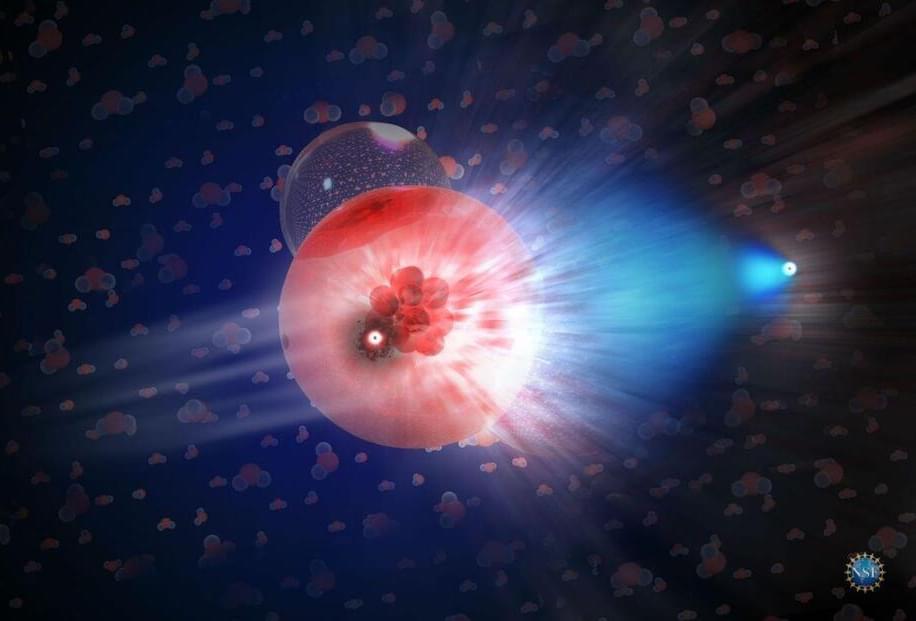
Astronomers propose building a neutrino telescope — out of the Pacific Ocean
Meet the ambitious P-ONE proposal.
The P-ONE design currently involves seven 10-string clusters, with each string hosting 20 optical elements. That s a grand total of 1,400 photodetectors floating around an area of the Pacific several miles across, providing much more coverage than IceCube.
Once it’s up and running, you just need to wait. Even neutrinos will strike some ocean water and give off a little flash, and the detectors will trace it.
Of course, it’s harder than it sounds. The strands will be moving constantly, waving back and forth with the ocean itself. And the Pacific Ocean is … less than pure, with salt and plankton and all manner of fish excrement floating around. That will change the behavior of light between the strands, making precise measurement difficult.
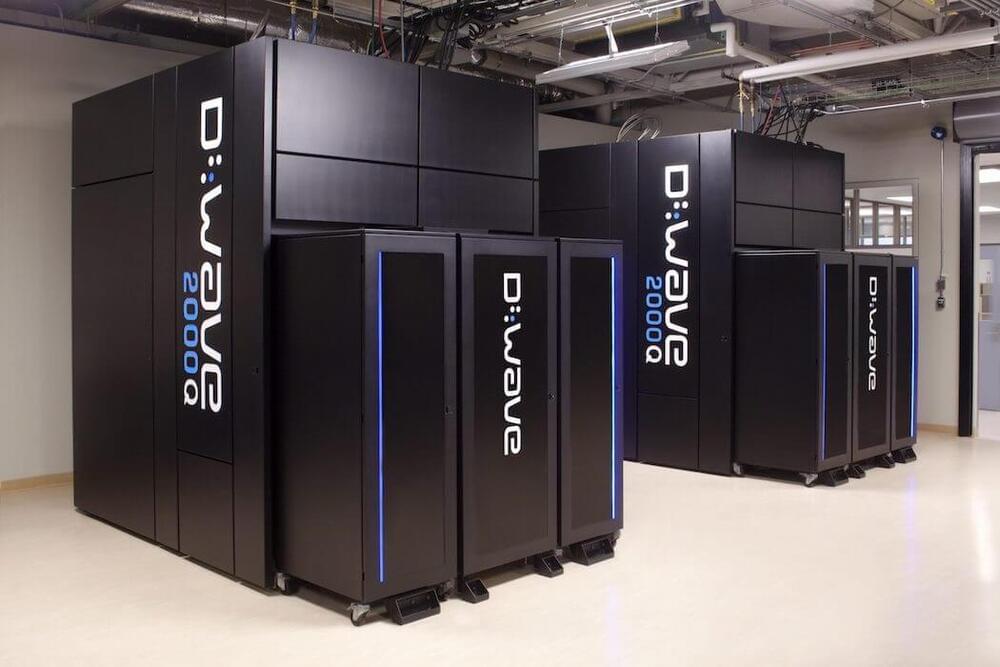




AI spots antibiotic resistance 24 hours faster than old methods
“The time taken to optimize antibiotic therapy might mean the difference between life and death if an infection is serious,” says Adrian Egli. “A fast, accurate diagnosis is extremely important in those kinds of cases.” (Credit: Getty Images)
This could help treat serious infections more efficiently in the future.
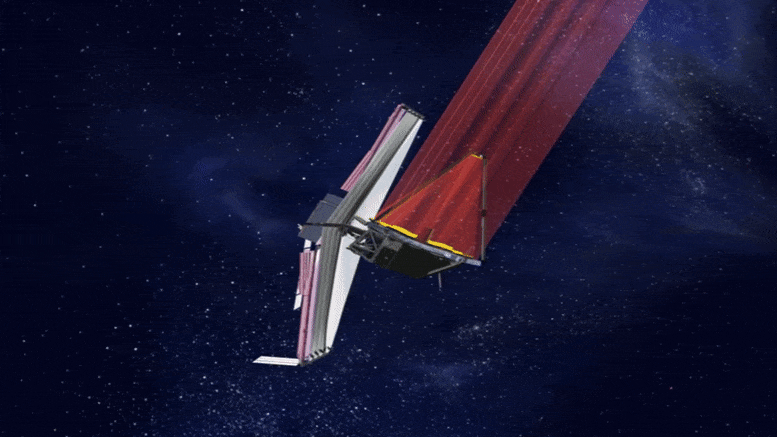
Science With the Webb Space Telescope — What Questions Will It Answer?
Webb’s science goals cover a very broad range of themes, and will tackle many open questions in astronomy. They can be divided into four main areas:
Other worlds
Key questions: Where and how do planetary systems form and evolve?
Thanks to the rapidly evolving field of exoplanet studies – planets beyond our Solar System – Webb will be able to contribute to key questions such as: is Earth unique? Do other planetary systems similar to ours exist? Are we alone in the Universe?
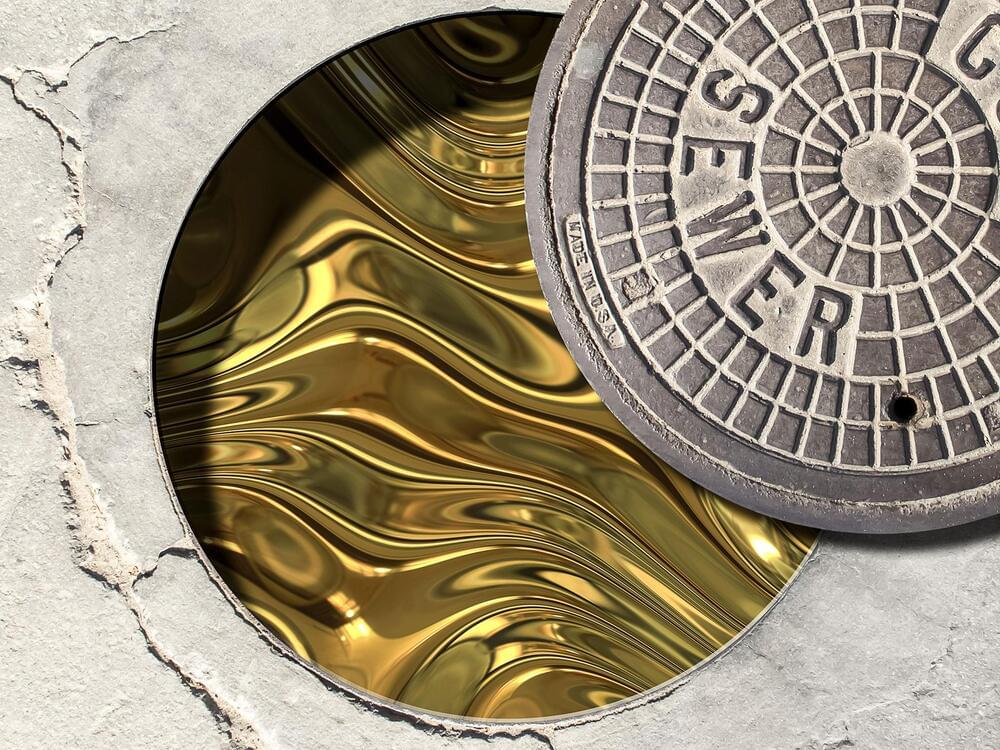
Sewage sludge could contain millions of dollars worth of gold
Circa 2015 o.o!
If the holy grail of medieval alchemists was turning lead into gold, how much more magical would it be to draw gold from, well, poop? It turns out that a ton of sludge, the goo left behind when treating sewage, could contain several hundred dollars’ worth of metals—potentially enough to generate millions of dollars worth of gold, silver, and other minerals each year for a city of a million people.
Metals have long been known to concentrate in sewage, which mixes toilet water with effluent from industrial manufacturing, storm runoff, and anything else flushed down the drain. It’s a headache for sewage utilities that must cope with toxic metals lacing wastewater headed for streams or sludge that might otherwise be spread on farm fields.
But what if those metals had value? In a new study, scientists at Arizona State University (ASU), Tempe, quantified the different metals in sewage sludge and estimated what it all might be worth. They took sludge samples gathered from around the country and measured the metal content using a mass spectrometer that can discern different elements as they are ionized in a superhot plasma. The upshot: There’s as much as $13 million worth of metals in the sludge produced every year by a million-person city, including $2.6 million in gold and silver, they report online this week in Environmental Science & Technology.
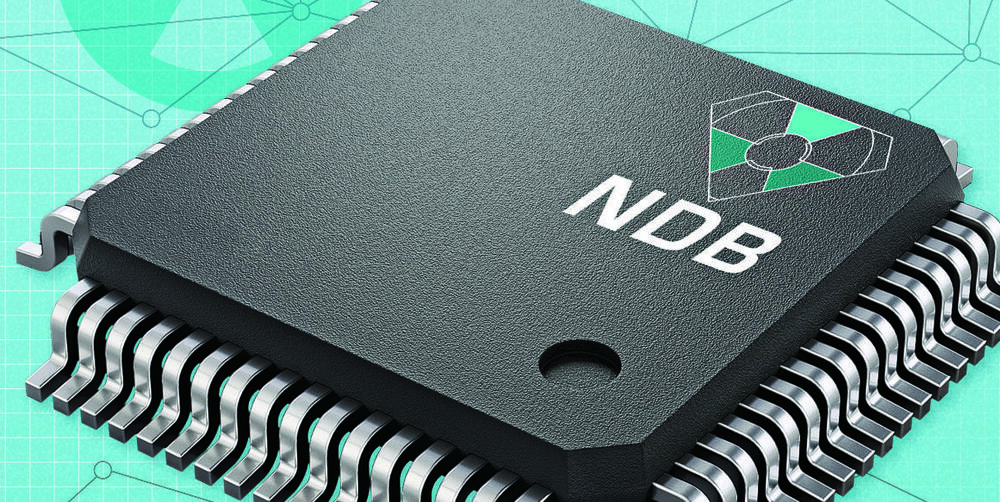
The Radioactive Diamond Battery That Will Run for 28,000 Years
Circa 2021 o.o
In less than two years, you might be able to buy a smartwatch —powered with a radioactive diamond battery—that will outlive you and your progeny for generations.
The potentially game-changing battery comes from the San Francisco–based startup Nano Diamond Battery (NDB), which lauds its namesake “high-power diamond-based alpha, beta, and neutron voltaic battery” for its ability to give devices “life-long and green energy.” Imagine: Just one battery could power your insulin pump or pacemaker for your entire life (with loads of time to spare). Or it could provide the juice for a space rover, collecting Mars regolith samples for decades without any human assistance.
Those are ambitious goals. So, could NDB’s bold claims actually become reality?